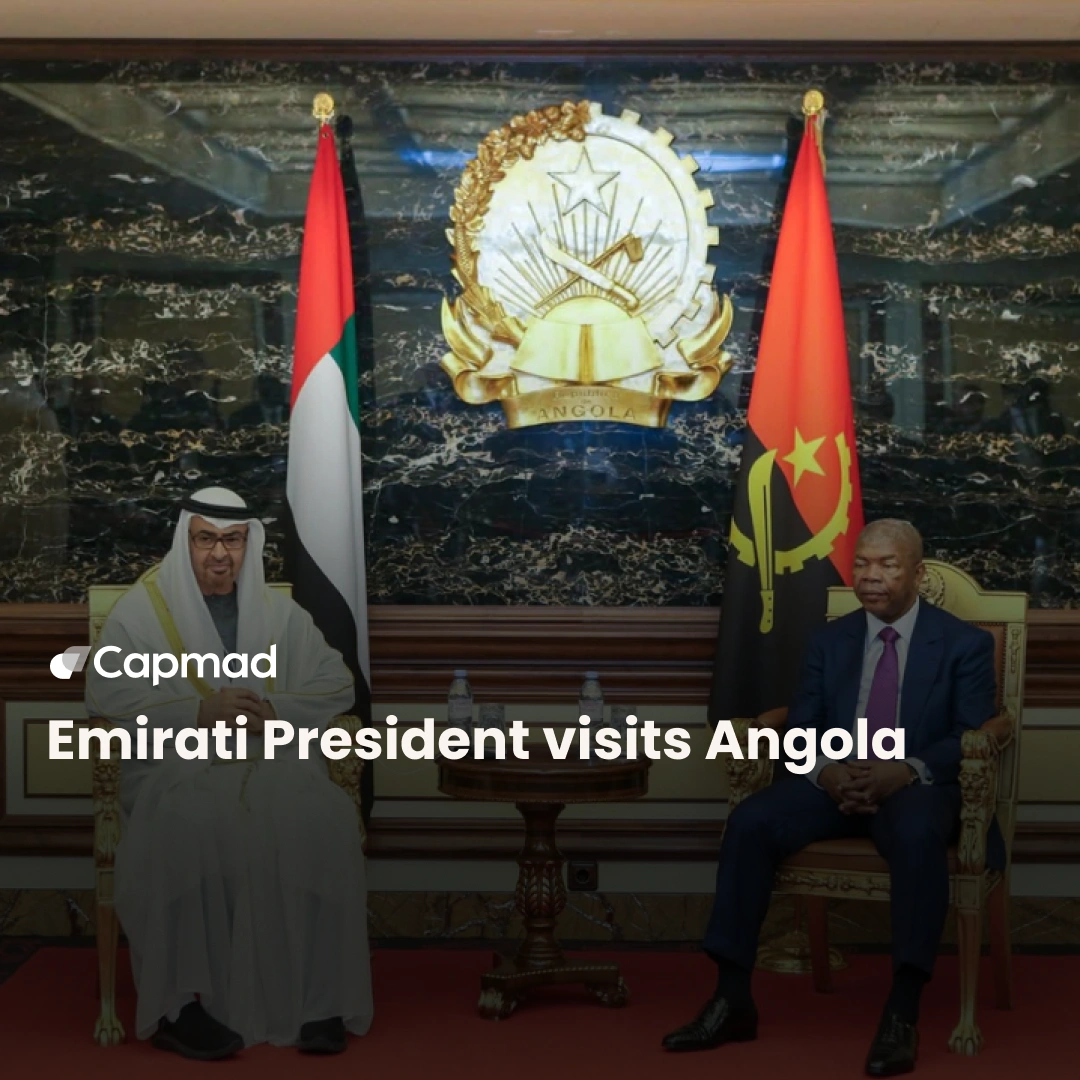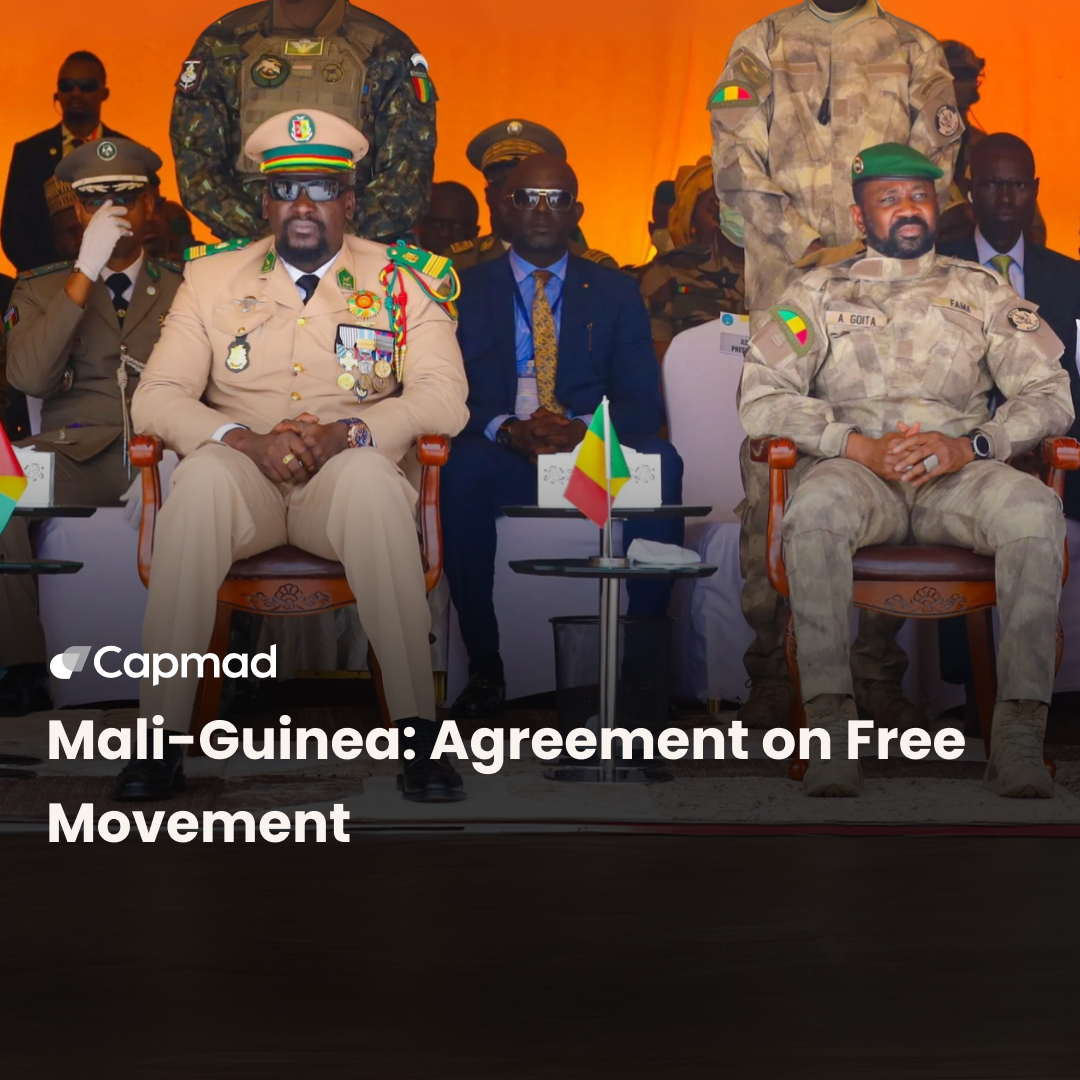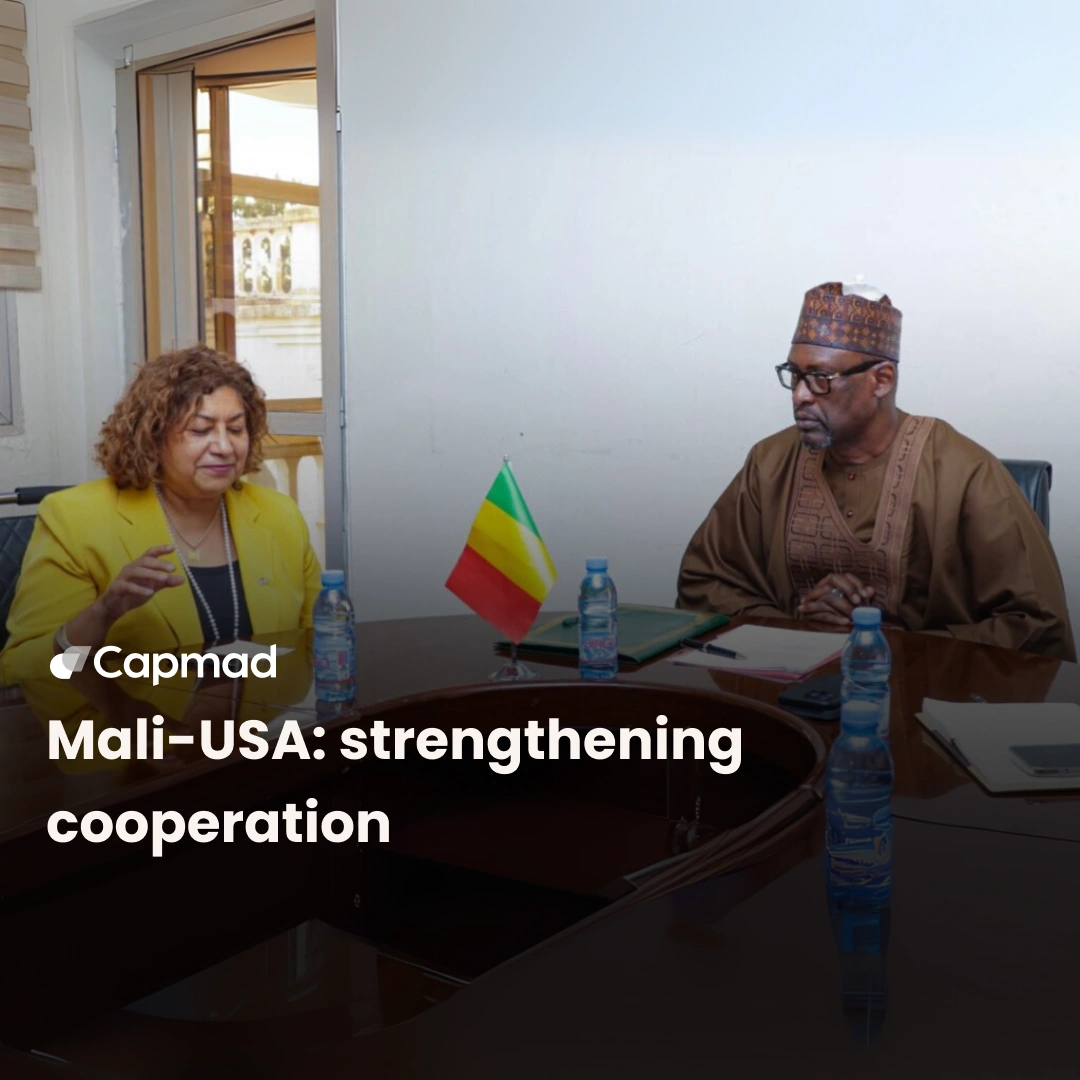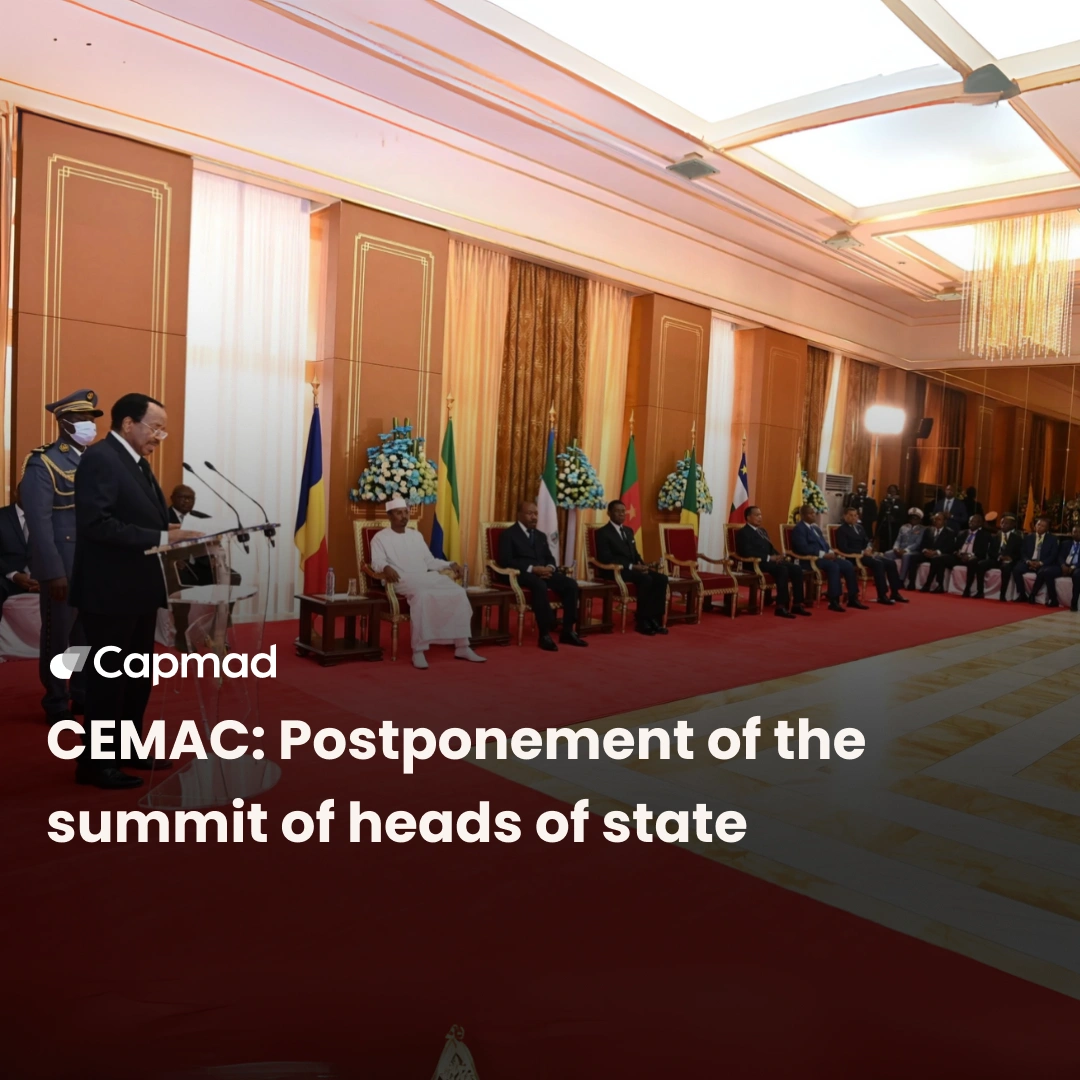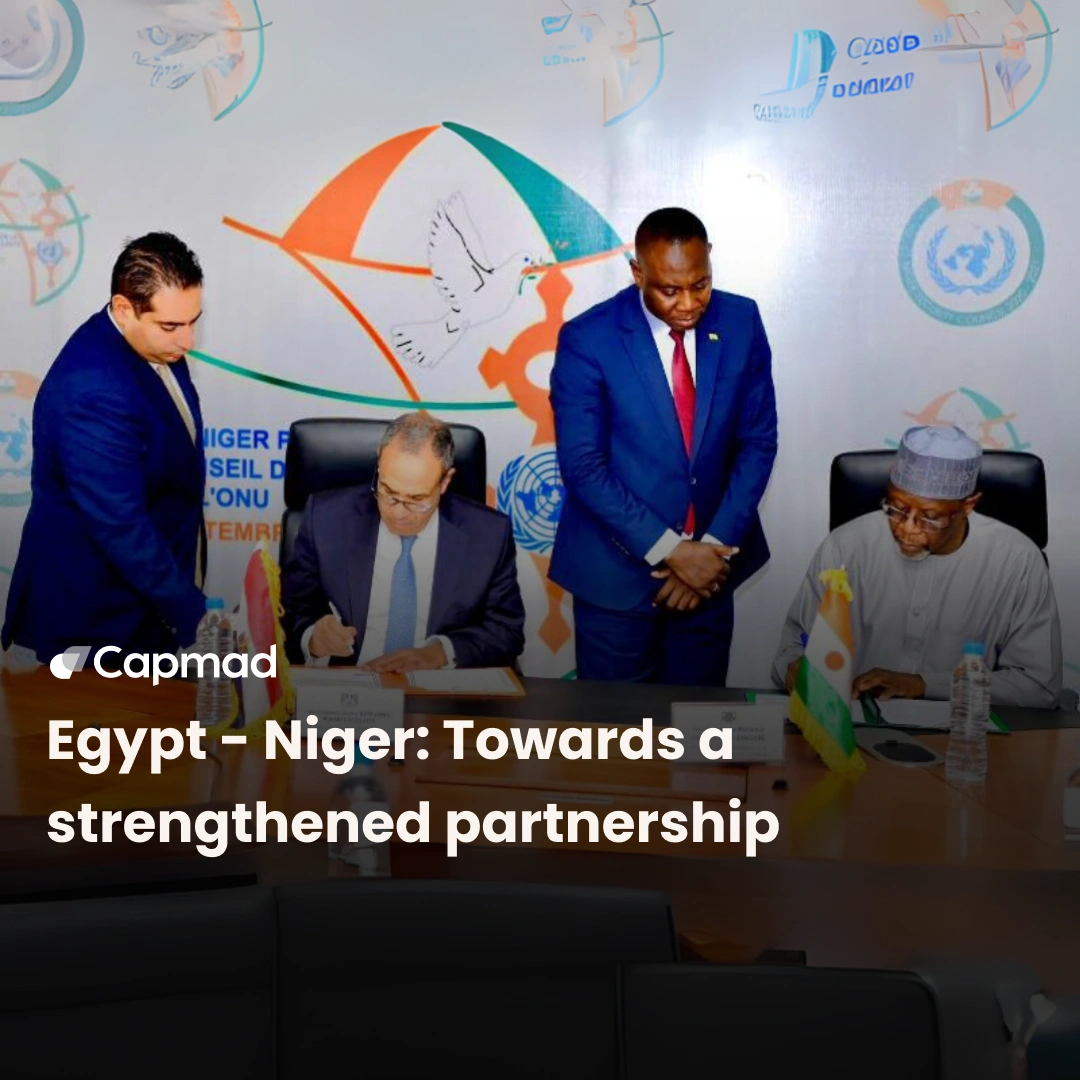The Ghanaian passport now dominates that of other ECOWAS member countries, marking a significant turning point in mobility and regional integration in West Africa.
The Rising Strength of the Ghanaian Passport
The Ghanaian government has recently ratified several visa waiver agreements with countries including São Tomé and Príncipe, Colombia, the Commonwealth of Dominica, and Mozambique. These agreements bring to five the number of partnerships signed in the first half of 2025, significantly increasing the value and reach of the Ghanaian passport. The Minister of Foreign Affairs has declared that Ghana aims to make its passport “one of the most valuable and respected in the world.”
Facilitating Travel within the ECOWAS Region
The Ghanaian passport already enjoys considerable recognition within ECOWAS, with virtually free movement between member states. Indeed, citizens of ECOWAS member states do not require a visa to enter Ghana and other countries in the region, facilitating interpersonal and commercial exchanges and travel.
Security and Modernization of Travel Documents
To strengthen the credibility of the Ghanaian passport against criminal networks, the country is investing in enhanced security protocols. This modernization helps make the document a true passport “at the top of ECOWAS,” synonymous with reliability and international recognition.
A Promising Future for Regional Integration
This positioning of the Ghanaian passport aligns with a regional dynamic aimed at strengthening integration within ECOWAS. While some countries continue to adjust their internal relations— notably those in the Sahel States Alliance (AES) that have recently partially formalized their withdrawal from ECOWAS — Ghana is taking a leading role in encouraging cooperation and mobility within the region.
Conclusion
The Ghanaian passport today stands as a reference document within ECOWAS, symbolizing Ghana’s ambitions in terms of openness, regional integration, and secure travel. This development benefits not only Ghanaian citizens but also the entire West African population, promoting free movement and strengthening economic and social ties in the region.


